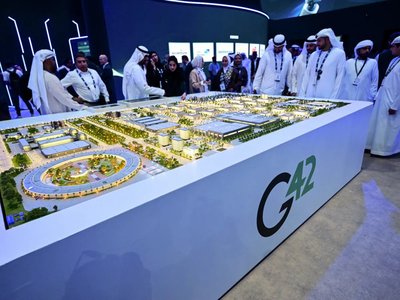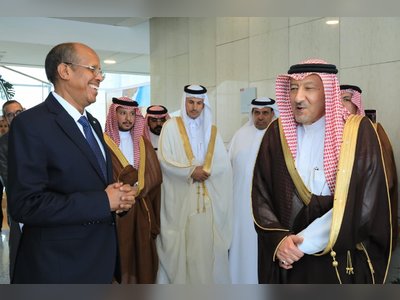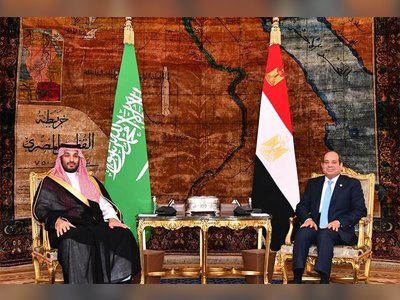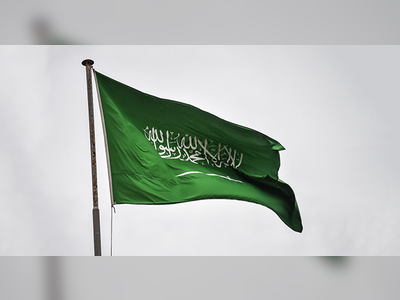
China and U.S. Reignite War of Words Over COVID-19 Origins
The long-simmering tensions between the United States and China over the origins of COVID-19 have flared up once again, as Beijing formally rebukes fresh accusations from the Trump administration that the virus emerged from a Chinese laboratory.
The renewed clash follows the launch of a new U.S. government website on April 18, which sharply pivots the American pandemic narrative. The site, backed by the Trump administration, asserts that COVID-19 resulted from a lab leak in Wuhan, China, and includes pointed criticism of former President Joe Biden, former chief medical adviser Dr. Anthony Fauci, and the World Health Organization (WHO).
The revamped website replaces the former Covid.gov portal—previously a central source of factual information for Americans on testing, vaccination, and treatment—with content promoting the lab-leak theory and highlighting alleged missteps by prior U.S. officials and international agencies.
Beijing Denounces “Politicization” and Offers Counter-Narrative
In response, China released a white paper through its state-run Xinhua news agency, dismissing the lab-leak allegations as politically motivated. The document reasserts China’s claim that the virus could have originated in the United States and criticizes Washington for what it describes as an ongoing campaign of “politicizing the pandemic.”
“Substantial evidence suggests COVID-19 might have emerged in the United States earlier than its officially claimed timeline,” the white paper states, suggesting that origin-tracing efforts should now shift their focus toward American soil.
An unnamed official from China’s National Health Commission echoed this position, saying the next phase of scientific investigation should concentrate on the U.S.—a stark contrast to international calls for greater transparency from Beijing over the initial outbreak.
International Fallout and Conflicting Assessments
The WHO-China joint study, conducted in early 2021, concluded that a lab leak was “extremely unlikely,” favoring a natural zoonotic origin of the virus. However, that conclusion has since come under scrutiny from several Western governments and independent scientists who cited limitations in data access and transparency during the inquiry.
Adding to the confusion, the U.S. Central Intelligence Agency (CIA) in January released a new assessment indicating that a lab origin was “more likely” than previously believed—but qualified its conclusion by stating it held only “low confidence” in the finding. The agency acknowledged that both lab and natural origins remain plausible and that no definitive conclusion has been reached.
China’s white paper also referenced a lawsuit filed by the state of Missouri during the early months of the pandemic, which resulted in a symbolic $24 billion ruling against China for allegedly hoarding personal protective equipment and failing to alert the world about the virus in time. Beijing dismissed the legal action as baseless and politically driven.
Website Rebranding Sparks Controversy at Home
The decision by the Trump administration to transform Covid.gov into a platform focused on the lab-leak theory has drawn mixed reactions domestically. Critics argue that the move sacrifices public access to vital health information in favor of partisan messaging. The new site features a cinematic homepage styled like a political thriller, with Trump prominently positioned as the truth-teller in a story of global deception.
Public health experts have warned that redirecting resources and messaging away from vaccination access and pandemic preparedness could leave Americans vulnerable in future public health crises.
Global Stakes Remain High
As the COVID-19 origin debate becomes increasingly entangled in geopolitical rivalry, both sides appear unwilling to yield. The Trump administration seeks to frame the pandemic as a failure of Chinese transparency, while Beijing counters with accusations of scapegoating and calls for the U.S. to open its own records to international scrutiny.
With no definitive scientific consensus in sight and investigations mired in diplomatic hostility, the search for the true origins of COVID-19 continues to be overshadowed by political narratives on both sides of the Pacific.











